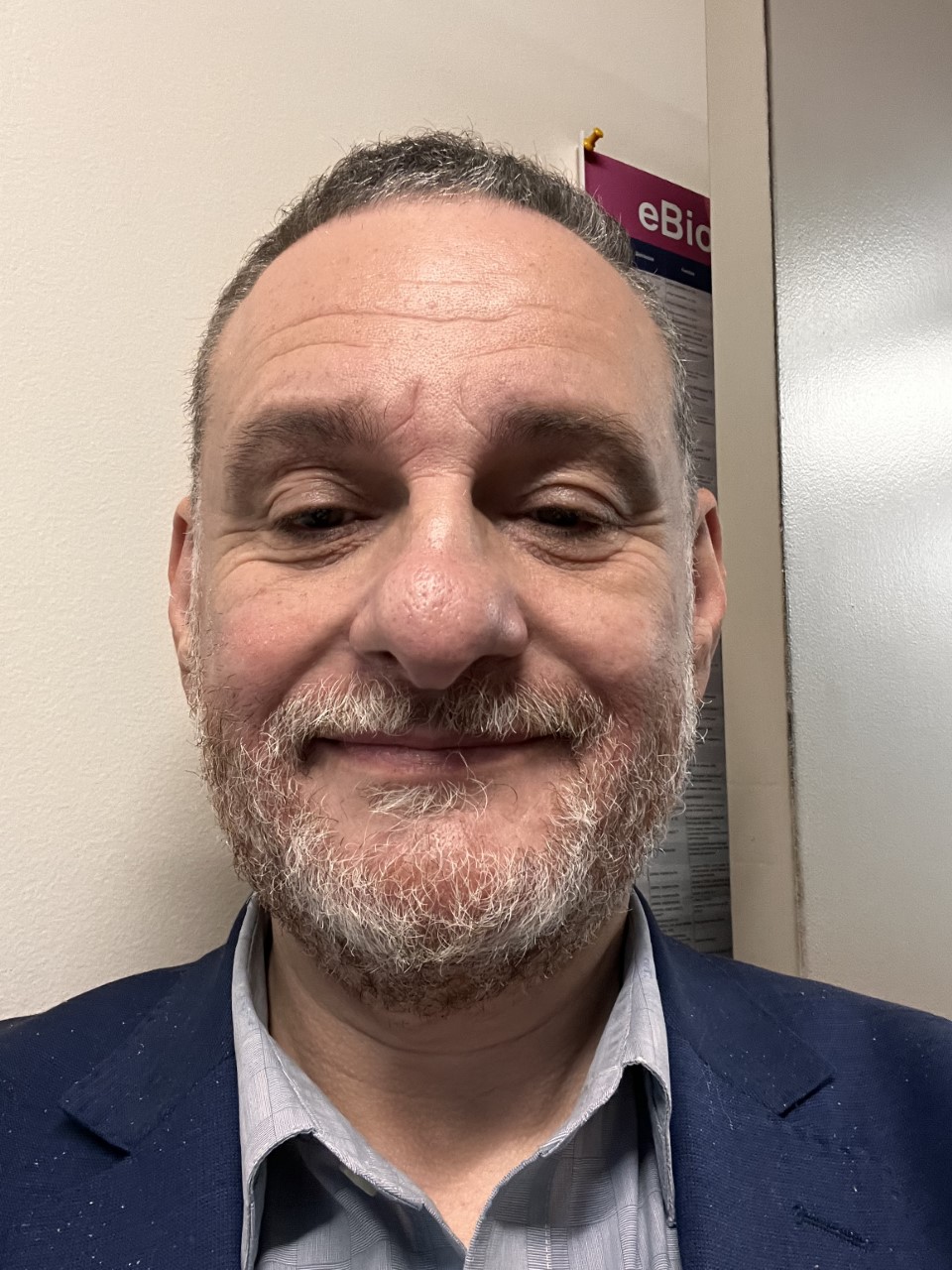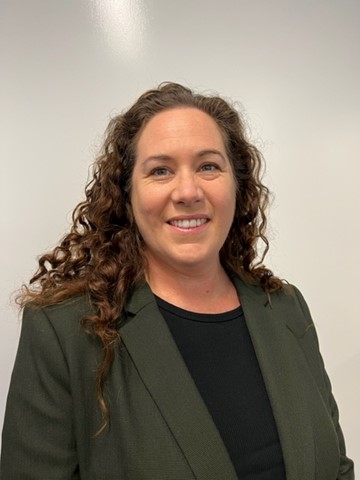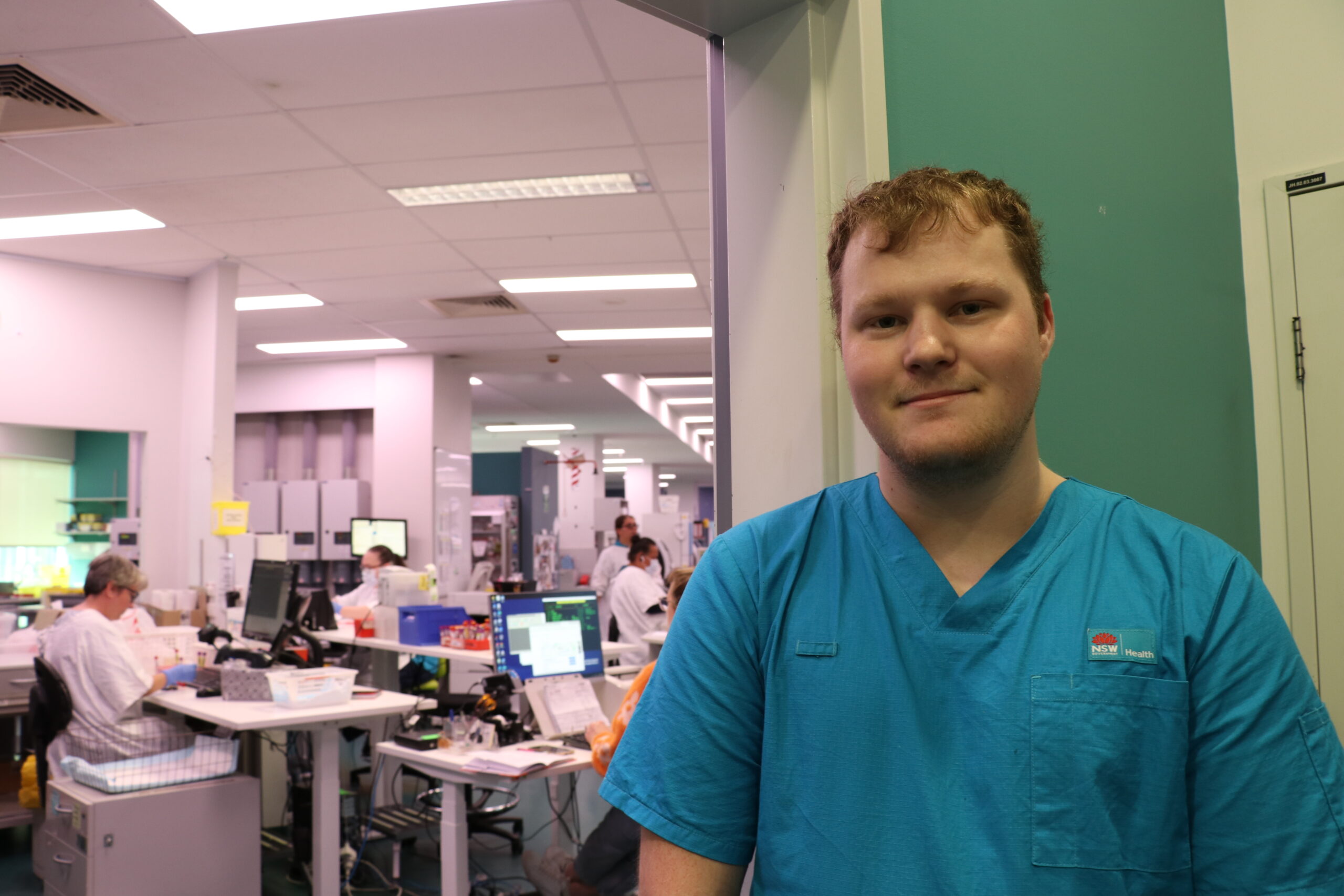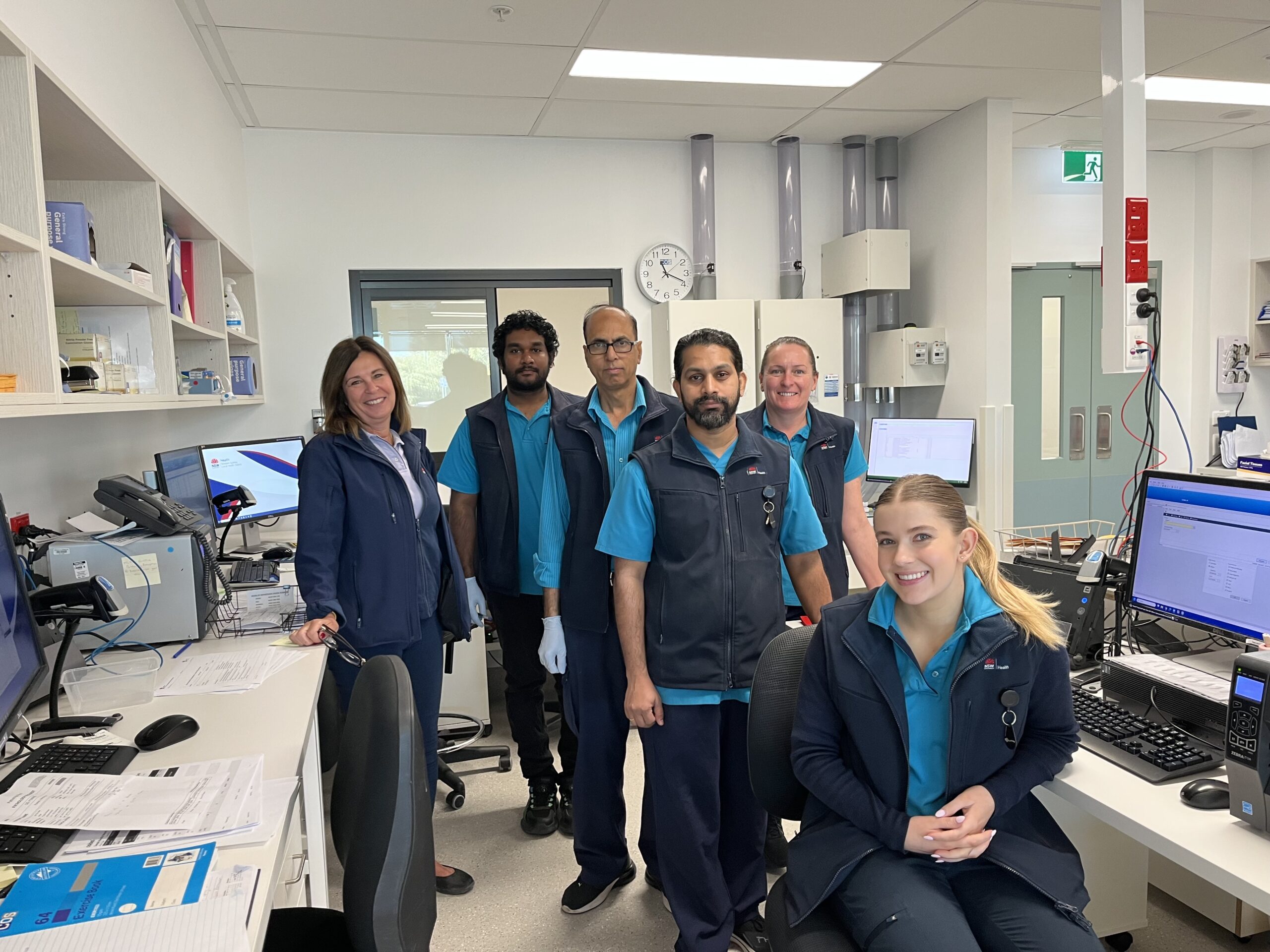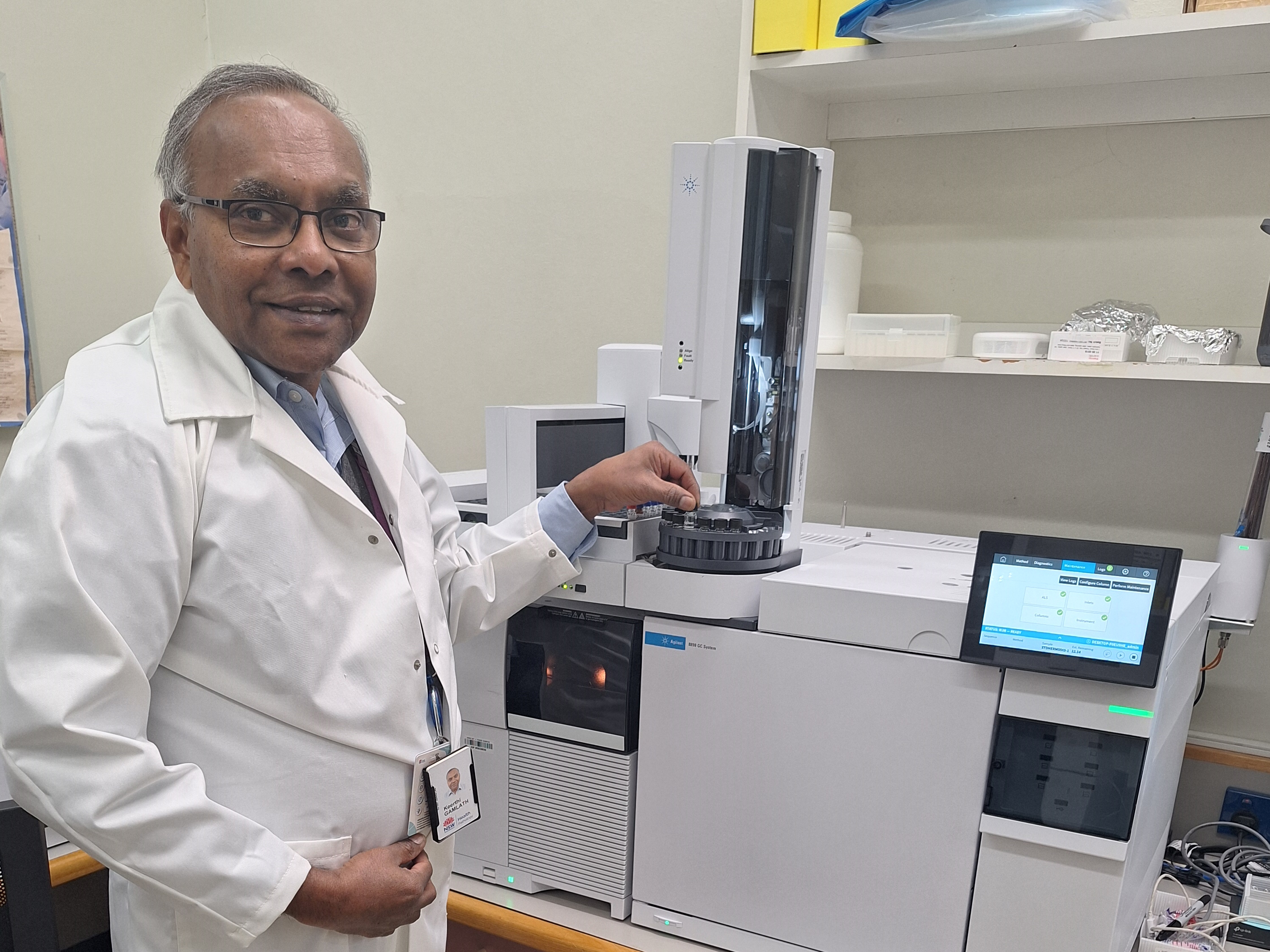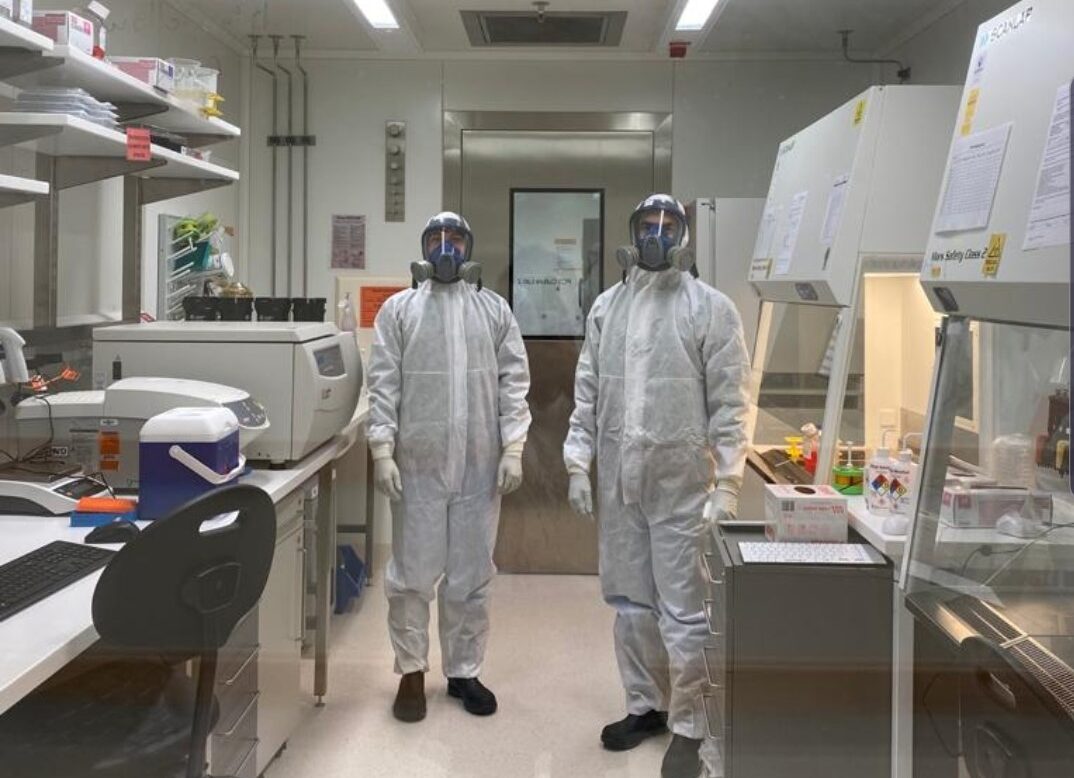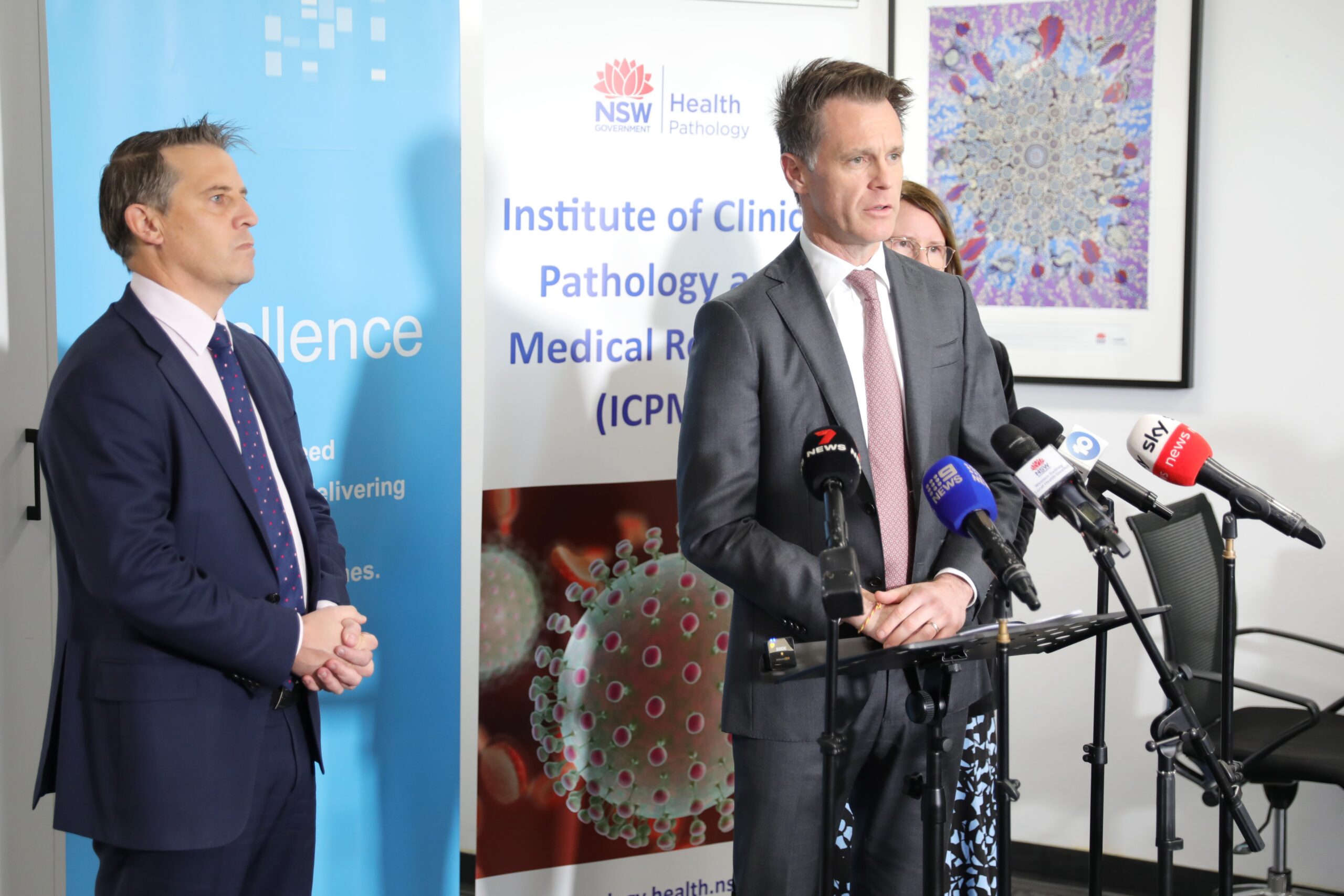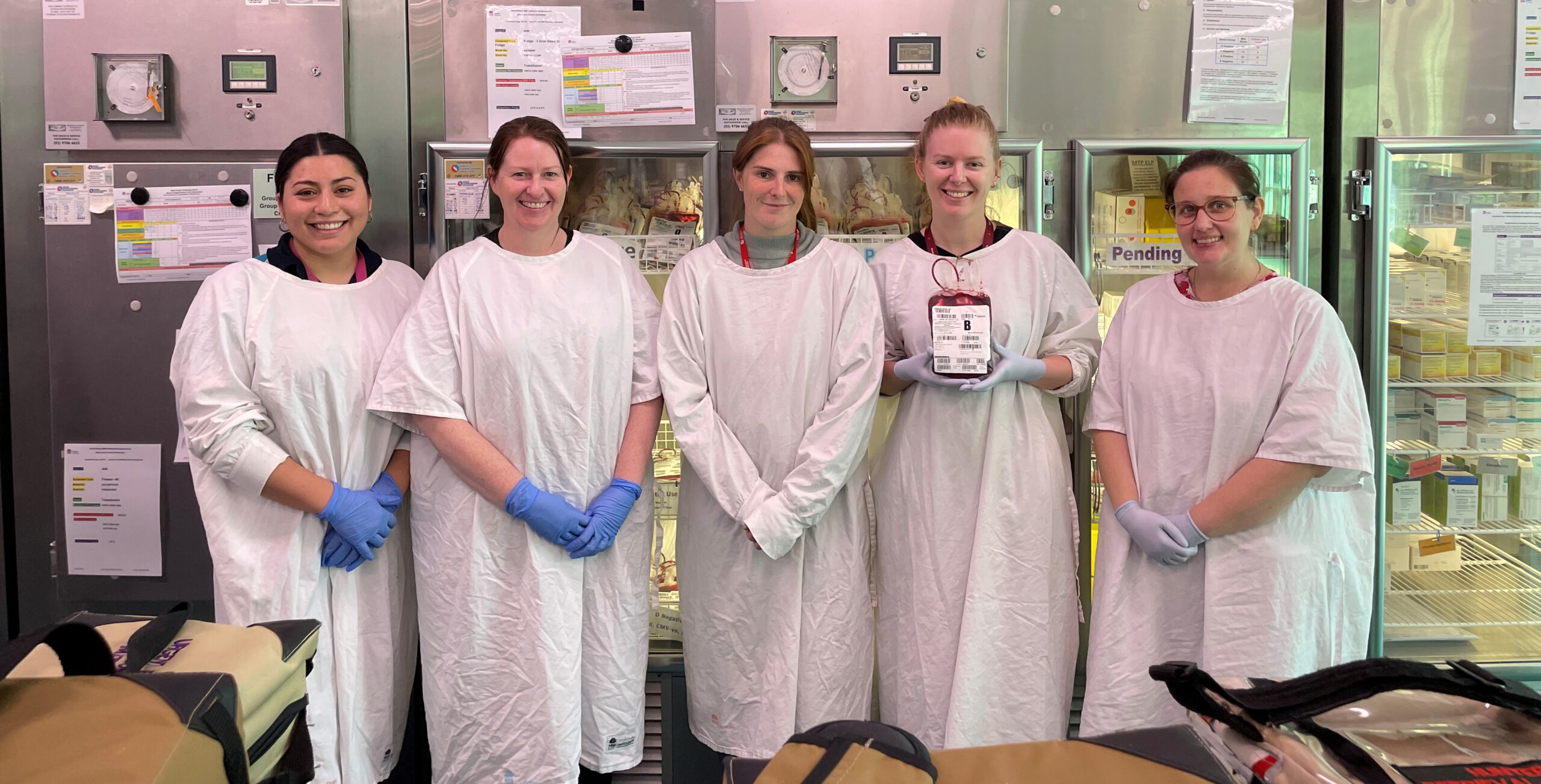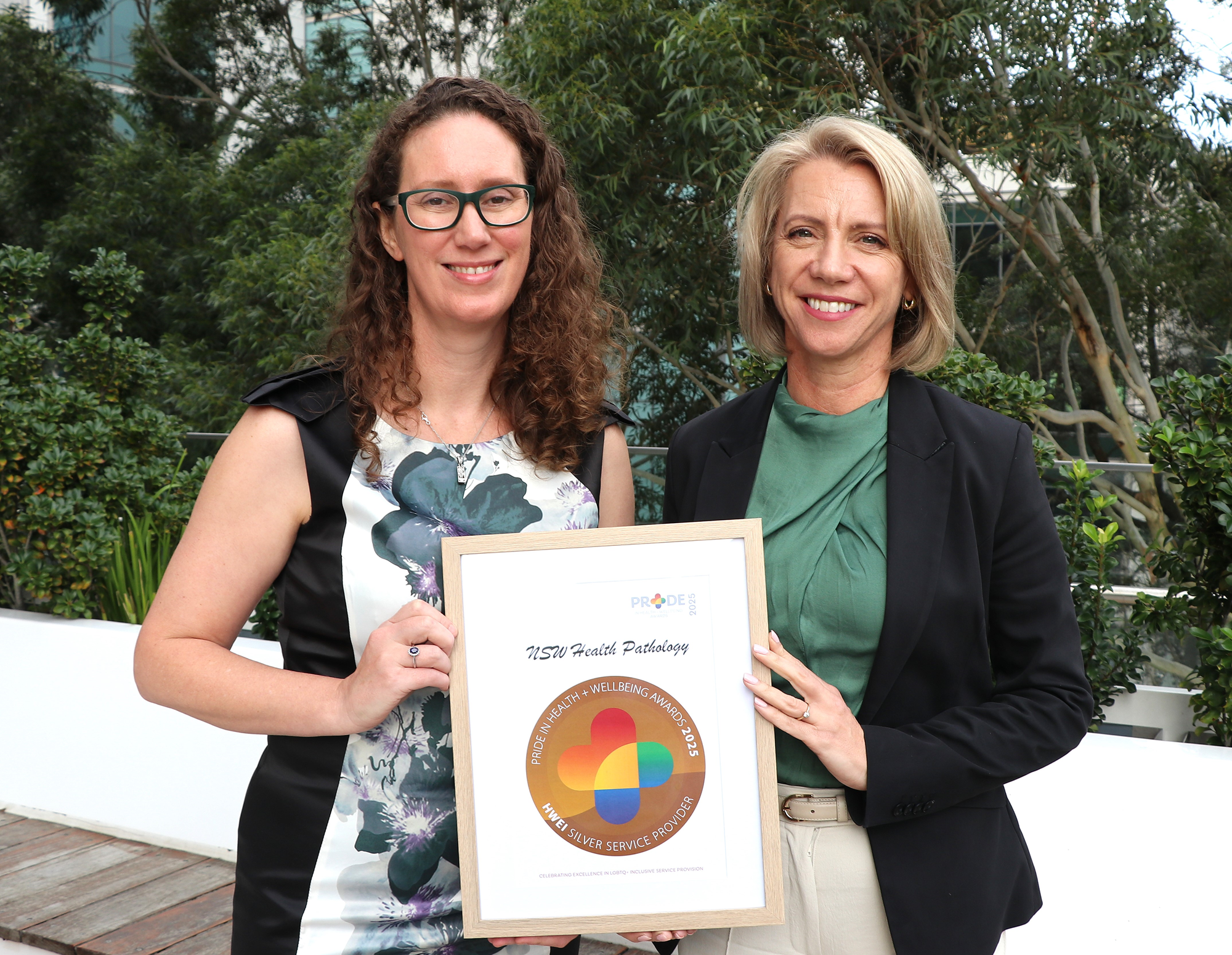Media Contact
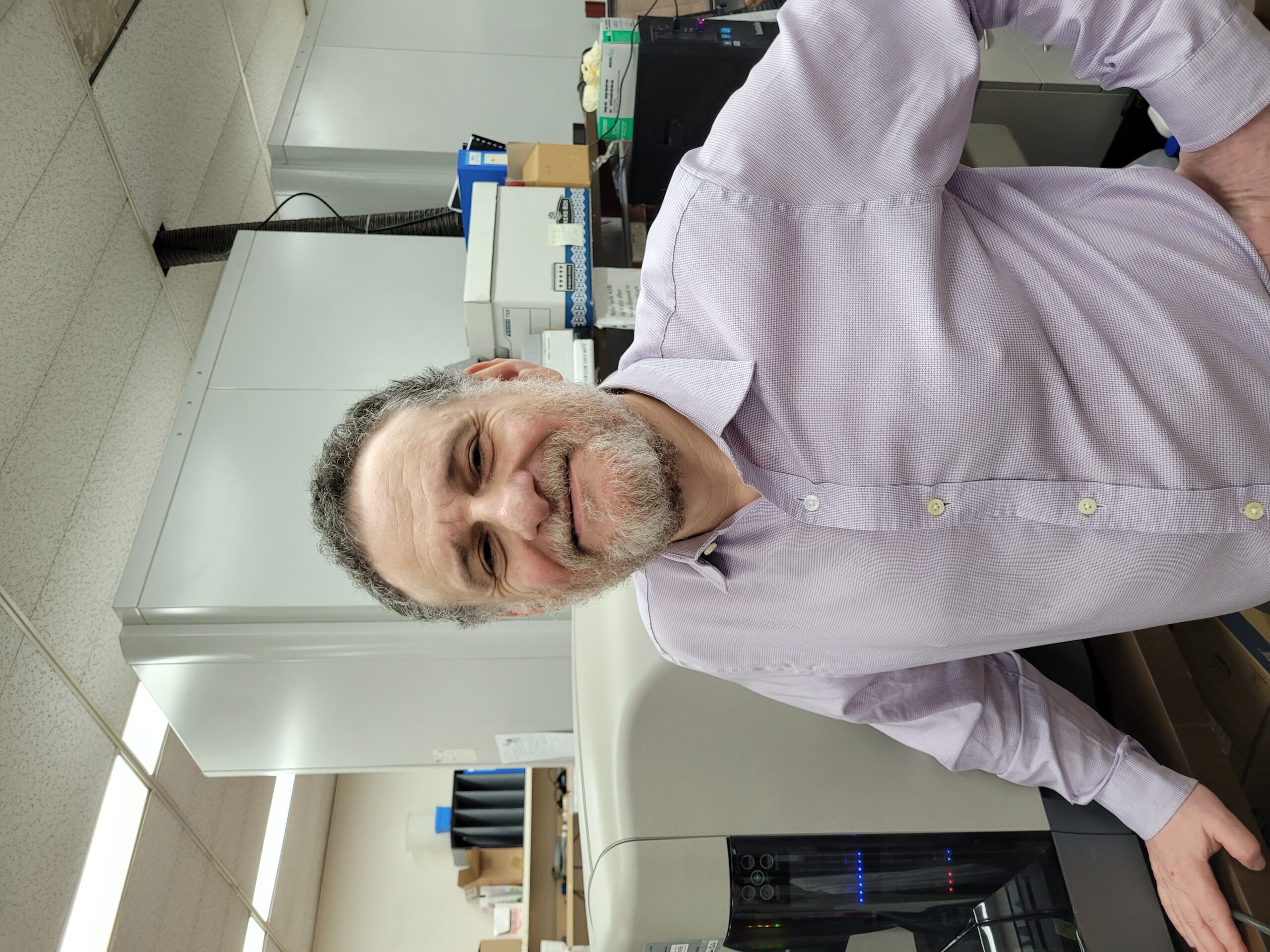
NSW Health Pathology senior researcher Professor David Brown has received a $2.9 million grant to evaluate immunotherapy treatments for CIDP, a neurological disorder that attacks the body’s nerves.
Celebrated Australian swimming legend Michael Klim is one of the country’s most high-profile sufferers of chronic inflammatory demyelinating polyneuropathy, or CIDP, describing the debilitating effects of muscle wastage in his legs, sensory loss in his feet and the struggle to walk or even stand for long periods.
Klim has recently become a spokesman for a Red Cross Lifeblood campaign promoting plasma donation – a product used to help treat his condition and keep him walking.
But the plasma treatment that provides relief to CIDP sufferers is expensive – costing around $150,000 per patient – and that’s something Professor David Brown, Director of NSW Health Pathology’s Institute of Clinical Pathology and Medical Research (ICPMR) in Westmead, is aiming to address.
The Medical Research Future Fund (MRFF) has granted Professor Brown $2.9 million to evaluate immunotherapy treatments for CIDP.
“People with chronic inflammatory demyelinating polyneuropathy have the insulation of their nerves stripped off by their disease and this causes changes in sensation and weakness of muscles,” Professor Brown explained.
“These patients are treated with intravenous immunoglobulin, which is very expensive and requires life-long treatment, often every three weeks.”
Prof Brown said targeting and eliminating immune cells has significantly improved outcomes for patients with several neurological and inflammatory demyelinating diseases.
“This study will determine if removing B‑lymphocytes, a type of white blood cell which makes antibodies, might be a suitable early treatment for CIDP and lead to responses that will allow less immunoglobin to be used to manage the condition. Aside from anecdotal evidence, there has not been a trial to work out whether this approach works in CIDP,” Prof Brown said.
He said there would be benefits for both patients and the health system if the therapeutic antibody treatment proves to be effective.
“It would mean that instead of having intravenous immunoglobulin treatment by either weekly injections or infusions every few weeks, treatment may be able to be given twice a year,” he said.
“Patients would get back up to 15 days a year of time that they currently dedicate to treatment. This approach would also see significant cost savings for the health system.”
He says the trial is a great example of how collaboration between doctors and researchers can work.
“Different arms of the health system can work hand in glove with researchers to generate and translate findings in the bedside to bench and back to bedside research model that NSW Health Pathology plays a central role in.”
Professor Brown says the research project is now in the final stages of approvals and he expects to be ready to start recruiting people to take part in the treatment trial in early 2024.

